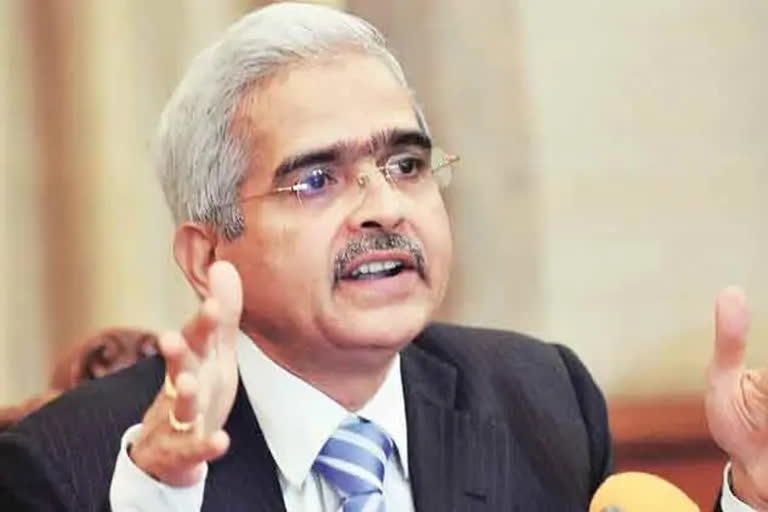Hyderabad: The war in Europe brought with it new challenges, just when the economy was about to normalise fully despite the third wave of the COVID-19 pandemic and suddenly, the world encountered a severe food and energy crisis, Reserve Bank Governor Shaktikanta Das said on Saturday.
Delivering the inaugural address at the annual research conference of the Department of Economic and Policy Research of RBI here, Das said the COVID-19 pandemic crisis created an opportunity to explore and harness the power of big data and strengthen direct feedback mechanisms while working from home.
He further said the pandemic also posed new research issues and analytical challenges for policy-making as it caused a demand shock or a supply shock, the size and nature of policy stimulus required, and their effectiveness, among others. The RBI Governor said the first major challenge was data collection during the first wave of the pandemic and the associated statistical break in data.
During the second wave which was more lethal, collecting information on sector level stress became even more important for designing targeted policy interventions. "The war in Europe brought with it new challenges, just when the economy was about to normalise fully despite the third wave of the pandemic. Suddenly, the world encountered a severe food crisis and an energy crisis."
"A new risk emerged in the form of fragmentation of the global economy driven by fast changing geopolitical considerations, that brought to the fore the need for reducing dependence on any single source for critical supplies," Das said. Commodity prices skyrocketed and supply chains knotted further.
These factors led to the globalisation of inflation and policy makers were presented with a new set of research issues understanding the magnitude and likely persistence of these shocks, the transmission channels of these shocks and the effectiveness of alternative policy tools, the regulator said.
As countries took recourse to trade policy measures (tariff and non-tariff) and fiscal measures (price freeze, tax cuts and subsidies to the vulnerable), the suitability of such measures in the Indian context also required focussed research attention, he added. According to him, since March 2020, three major shocks the COVID-19 pandemic, war in Europe and the aggressive tightening of monetary policy across countries have posed very different set of challenges for economic research, he said.
The aftereffects of the three shocks are still unfolding and would warrant constant vigil. The research function of the RBI, therefore, must remain prepared to respond to these multiple possibilities as it has done in the past, he cautioned. The war in Europe brought with it new challenges, just when the economy was about to normalise fully despite the third wave of the pandemic. Suddenly, the world encountered a severe food crisis and an energy crisis, he further said.
A new risk emerged in the form of fragmentation of the global economy driven by fast changing geopolitical considerations, that brought to the fore the need for reducing dependence on any single source for critical supplies, he opined. Central banks have a culture of diligently building synergies between research and policy-making and research departments are thus empowered to work as the workhorse and as the think tank for ensuring a continuous supply of reliable processed information, analytical research and new ideas, he said. (PTI)
(This story has not been edited by ETV Bharat and is auto-generated from a syndicated feed.)



